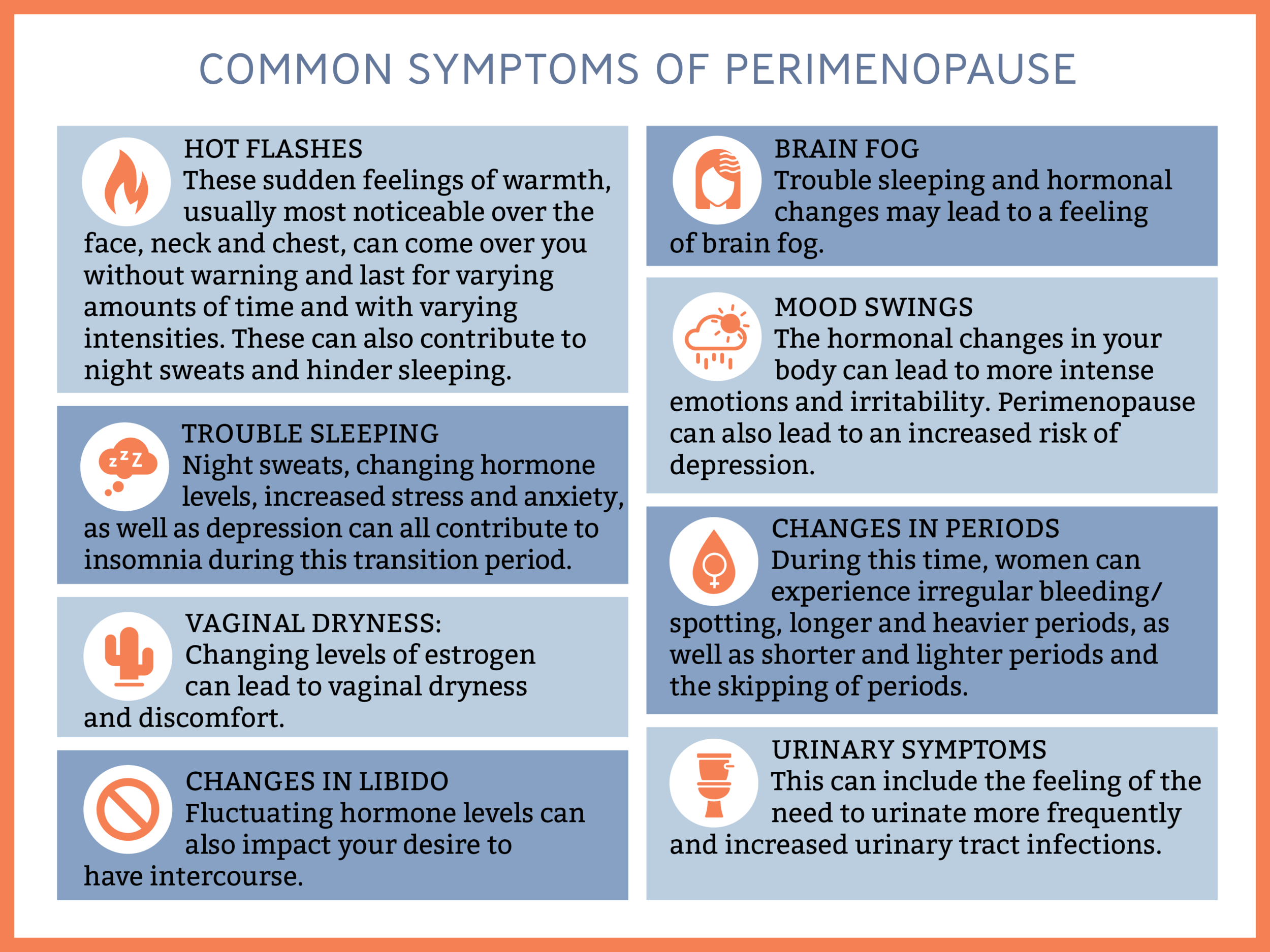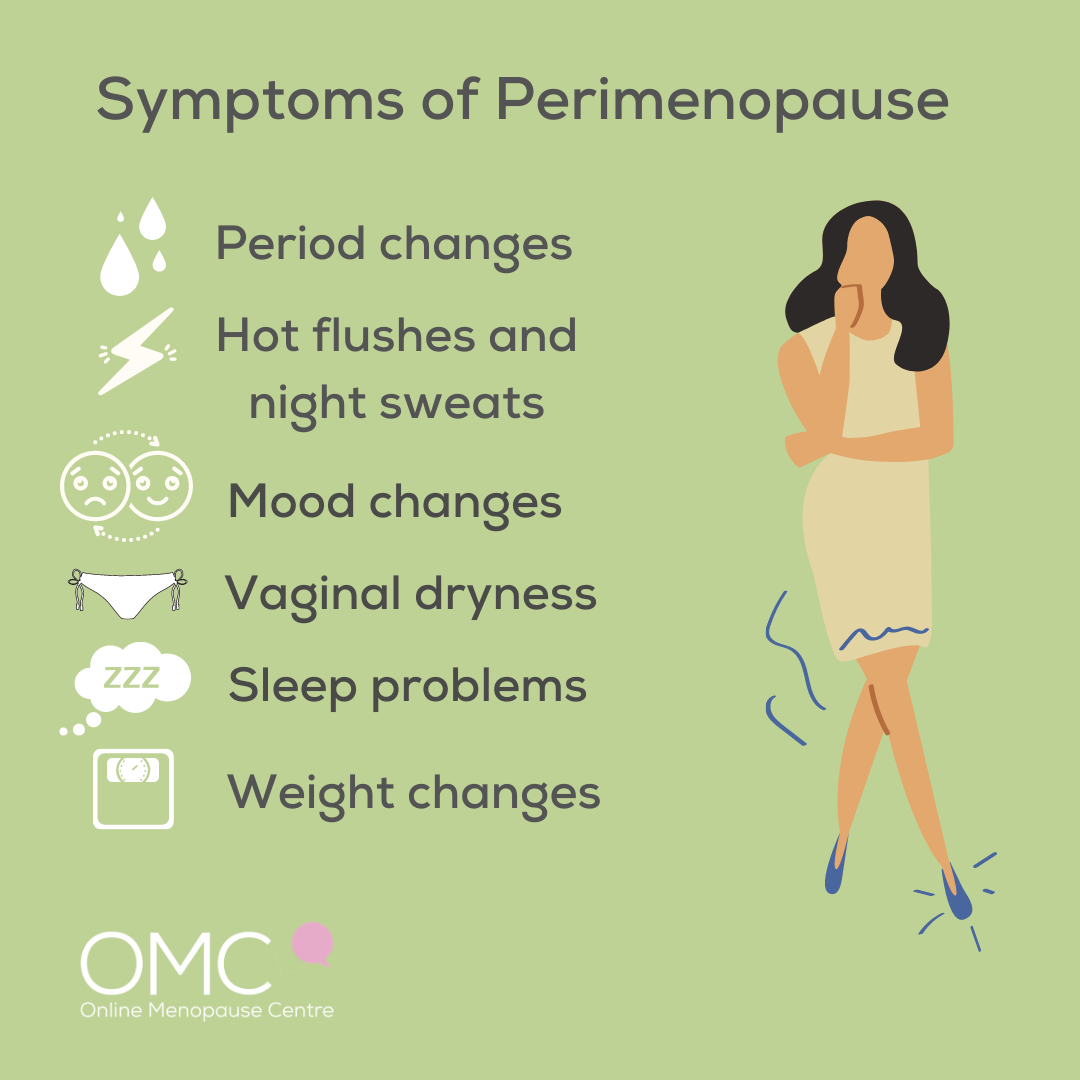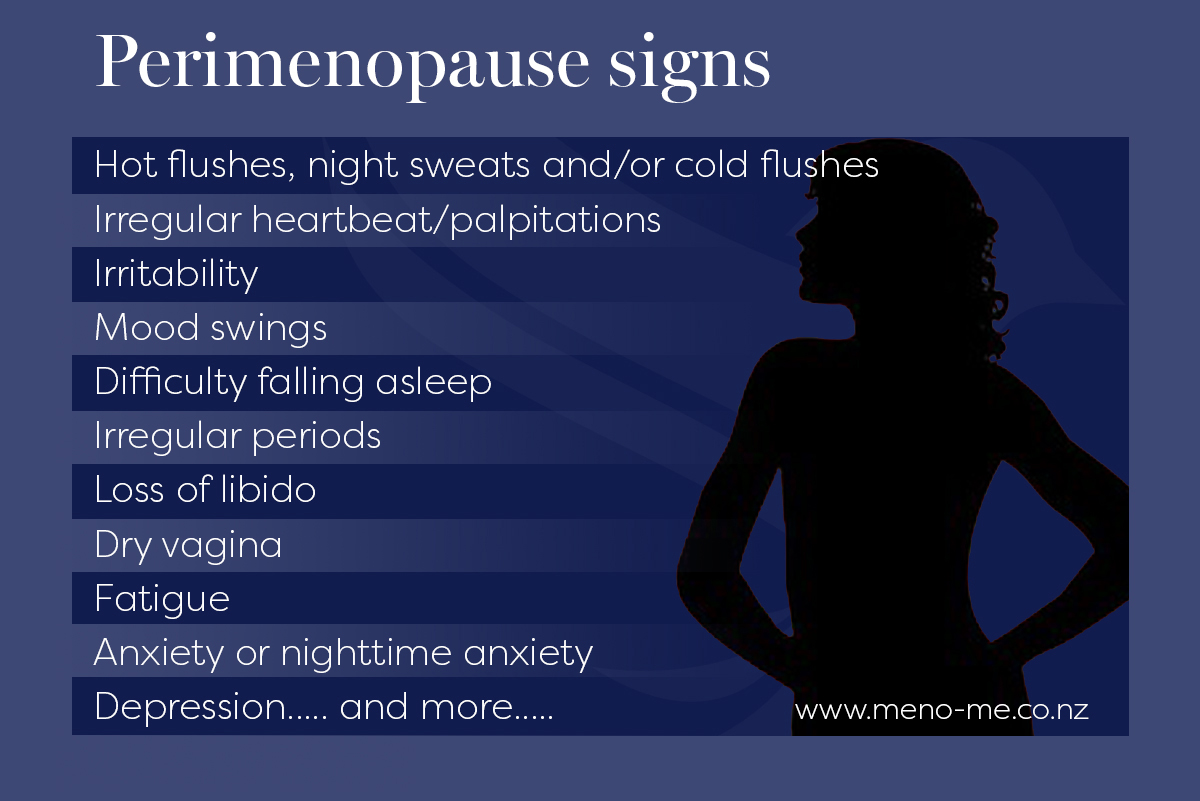What is perimenopause? It’s a transformative phase in a woman’s life, marked by hormonal shifts and a gradual transition toward menopause. This journey brings about a unique set of physical, emotional, and psychological experiences, shaping a narrative that is both deeply personal and universally relatable.
As we delve into the intricacies of perimenopause, we’ll explore the hormonal fluctuations that orchestrate this transition, unravel the diverse symptoms that accompany it, and navigate the challenges and opportunities it presents. Together, we’ll embark on a journey of self-discovery and empowerment, embracing the wisdom and resilience that perimenopause offers.
Definition of Perimenopause: What Is Perimenopause

Perimenopause is a transitional phase that marks the end of a woman’s reproductive years. It typically begins several years before menopause, the point at which a woman’s menstrual periods cease permanently.
Hormonal Changes During Perimenopause
Perimenopause is characterized by significant hormonal changes. The ovaries gradually reduce their production of the hormones estrogen and progesterone. These changes can lead to a variety of symptoms, including:
- Irregular menstrual periods
- Hot flashes
- Night sweats
- Mood swings
- Sleep disturbances
- Vaginal dryness
- Weight gain
Symptoms of Perimenopause
Perimenopause is a transition period that marks the end of a woman’s reproductive years. During this time, the ovaries gradually produce less estrogen and progesterone, which can lead to a range of physical and emotional symptoms.
Physical Symptoms
The most common physical symptoms of perimenopause include:
- Irregular periods
- Hot flashes
- Night sweats
- Vaginal dryness
- Weight gain
- Breast tenderness
- Headaches
- Fatigue
- Insomnia
Emotional and Psychological Symptoms
In addition to physical symptoms, perimenopause can also lead to a range of emotional and psychological changes, including:
- Mood swings
- Irritability
- Anxiety
- Depression
- Difficulty concentrating
- Memory problems
- Loss of libido
Duration and Timing of Perimenopause
Perimenopause typically lasts for several years, with an average duration of 4 to 8 years. However, it can vary widely from woman to woman, ranging from a few months to over a decade.
The timing of perimenopause is influenced by several factors, including:
Age
Perimenopause typically begins between the ages of 45 and 55, with an average age of onset being 51.
Genetics
Women with a family history of early menopause are more likely to experience perimenopause earlier.
Lifestyle Factors
Certain lifestyle factors, such as smoking, excessive alcohol consumption, and obesity, can contribute to an earlier onset of perimenopause.
Medical Conditions
Certain medical conditions, such as thyroid disorders and autoimmune diseases, can also affect the timing of perimenopause.
Diagnosis and Management of Perimenopause

Diagnosing perimenopause involves a combination of medical history, physical examination, and laboratory tests. The doctor will ask about your symptoms, menstrual history, and general health. They may also perform a pelvic exam to check for any underlying conditions.
Blood tests can measure hormone levels, such as follicle-stimulating hormone (FSH) and estradiol. These tests can help confirm perimenopause and rule out other conditions with similar symptoms.
Treatment Options
There is no cure for perimenopause, but there are a variety of treatments available to manage the symptoms. These include:
- Hormone replacement therapy (HRT): HRT involves taking hormones, such as estrogen and progesterone, to replace the hormones that are declining during perimenopause. HRT can help relieve symptoms such as hot flashes, night sweats, and vaginal dryness.
- Non-hormonal medications: Some non-hormonal medications, such as antidepressants and anti-anxiety medications, can also be helpful in managing perimenopause symptoms.
- Lifestyle changes: Certain lifestyle changes, such as getting regular exercise, eating a healthy diet, and managing stress, can also help improve perimenopause symptoms.
Lifestyle Modifications for Perimenopause

Adopting healthy lifestyle habits can significantly improve perimenopause symptoms. These changes encompass exercise, nutrition, and stress management techniques.
Exercise
Regular physical activity plays a crucial role in alleviating perimenopause symptoms, including mood swings, hot flashes, and weight gain. Aim for at least 30 minutes of moderate-intensity exercise most days of the week.
- Cardiovascular exercises like brisk walking, jogging, or swimming can improve heart health and boost endorphins.
- Strength training exercises help build muscle mass, which supports metabolism and reduces the risk of osteoporosis.
- Yoga and Pilates enhance flexibility, balance, and overall well-being.
Nutrition
A balanced and nutritious diet can help manage perimenopause symptoms by providing essential nutrients and maintaining a healthy weight.
- Fruits, vegetables, and whole grains are rich in antioxidants, vitamins, and fiber, which support overall health.
- Lean protein sources like fish, poultry, and beans provide satiety and support muscle mass.
- Calcium and vitamin D are essential for bone health, especially during perimenopause.
- Limit processed foods, sugary drinks, and unhealthy fats, which can contribute to weight gain and inflammation.
Stress Management
Managing stress is crucial for reducing perimenopause symptoms like anxiety, irritability, and sleep disturbances.
- Engage in relaxation techniques like deep breathing exercises, meditation, or yoga.
- Prioritize sleep by establishing a regular sleep-wake cycle and creating a conducive sleep environment.
- Seek professional help from a therapist or counselor if stress becomes overwhelming.
- Connect with friends and family for emotional support.
Emotional and Psychological Impact of Perimenopause
Perimenopause, the transitional phase leading up to menopause, can trigger significant emotional and psychological challenges due to fluctuating hormone levels. These challenges can impact a woman’s overall well-being and quality of life.
Common emotional symptoms include mood swings, irritability, anxiety, and depression. The decline in estrogen levels can affect neurotransmitters in the brain, leading to emotional imbalances and heightened sensitivity.
Coping Mechanisms and Support Strategies
- Acknowledge and Validate Emotions:Recognize that these emotional changes are a normal part of perimenopause. Allow yourself to feel and express your emotions without judgment.
- Identify Triggers:Keep a journal to identify situations or activities that trigger emotional outbursts. Avoiding or managing these triggers can help reduce stress.
- Engage in Self-Care:Prioritize activities that bring joy and relaxation, such as exercise, meditation, or spending time in nature. These practices can help regulate mood and reduce stress.
- Seek Professional Help:If emotional challenges become overwhelming or interfere with daily life, consider seeking support from a therapist or counselor. They can provide coping mechanisms, emotional support, and guidance.
- Connect with Others:Join support groups or connect with friends and family who understand what you’re going through. Sharing experiences and receiving support can be invaluable.
Perimenopause and Fertility
Perimenopause is a transitional phase that marks the end of a woman’s reproductive years. During this time, fertility gradually declines due to hormonal fluctuations and changes in ovarian function.
As estrogen levels fluctuate, ovulation becomes less regular and may eventually cease. This can lead to irregular menstrual cycles, missed periods, and reduced chances of conception.
Fertility Preservation Options
For women who wish to preserve their fertility during perimenopause, there are several options available:
- Egg Freezing:This involves retrieving and freezing mature eggs for future use in IVF (In Vitro Fertilization).
- Embryo Freezing:Similar to egg freezing, but involves fertilizing eggs with sperm and freezing the resulting embryos.
- Ovarian Tissue Freezing:A portion of ovarian tissue is removed and frozen for future transplantation or use in IVF.
The choice of fertility preservation option depends on individual factors such as age, health, and personal preferences.
Transition to Menopause
The transition from perimenopause to menopause is a gradual process that can take several years. During this time, the ovaries gradually stop producing estrogen and progesterone, which leads to a decline in fertility and the eventual cessation of menstruation.Physically, the transition to menopause can be accompanied by a range of symptoms, including hot flashes, night sweats, vaginal dryness, and sleep disturbances.
Emotional changes are also common, such as mood swings, irritability, and anxiety.
Physical Changes, What is perimenopause
The physical changes that occur during the transition to menopause are primarily due to the decline in estrogen and progesterone levels. These changes can include:
- Hot flashes and night sweats: These are sudden feelings of heat and sweating that can occur at any time, day or night. They are caused by the body’s attempt to regulate its temperature in response to the declining estrogen levels.
- Vaginal dryness: This is a common symptom of menopause that can cause discomfort during intercourse and make it more likely to develop vaginal infections.
- Sleep disturbances: Many women experience sleep problems during menopause, such as difficulty falling or staying asleep, or waking up frequently during the night.
- Weight gain: Some women gain weight during menopause, especially around the abdomen. This is thought to be due to the decline in estrogen levels, which can lead to changes in metabolism.
- Loss of bone density: Estrogen helps to protect bones from osteoporosis, so as estrogen levels decline, women are at an increased risk of developing this condition.
Emotional Changes
The emotional changes that occur during the transition to menopause can be just as significant as the physical changes. These changes can include:
- Mood swings: Many women experience mood swings during menopause, which can range from mild to severe. These mood swings can be caused by the hormonal changes that are occurring, as well as by the stress of dealing with other menopausal symptoms.
- Irritability: Some women find that they become more irritable during menopause. This can be due to the hormonal changes, as well as to the other physical and emotional symptoms that are occurring.
- Anxiety: Anxiety is a common symptom of menopause. This can be due to the hormonal changes, as well as to the stress of dealing with other menopausal symptoms.
- Depression: Some women experience depression during menopause. This can be due to the hormonal changes, as well as to the other physical and emotional symptoms that are occurring.
Quick FAQs
How long does perimenopause typically last?
The duration of perimenopause varies, but it typically lasts between 4 and 10 years.
What are some common physical symptoms of perimenopause?
Physical symptoms may include hot flashes, night sweats, irregular periods, vaginal dryness, and sleep disturbances.
How can I manage the emotional and psychological challenges of perimenopause?
Consider seeking support from a therapist or counselor, practicing self-care techniques like mindfulness and meditation, and connecting with others going through similar experiences.
Does perimenopause affect fertility?
Yes, perimenopause can impact fertility as the ovaries gradually produce fewer eggs.
What lifestyle changes can help alleviate perimenopause symptoms?
Regular exercise, a balanced diet, and stress-reducing activities like yoga or meditation can positively impact perimenopause symptoms.